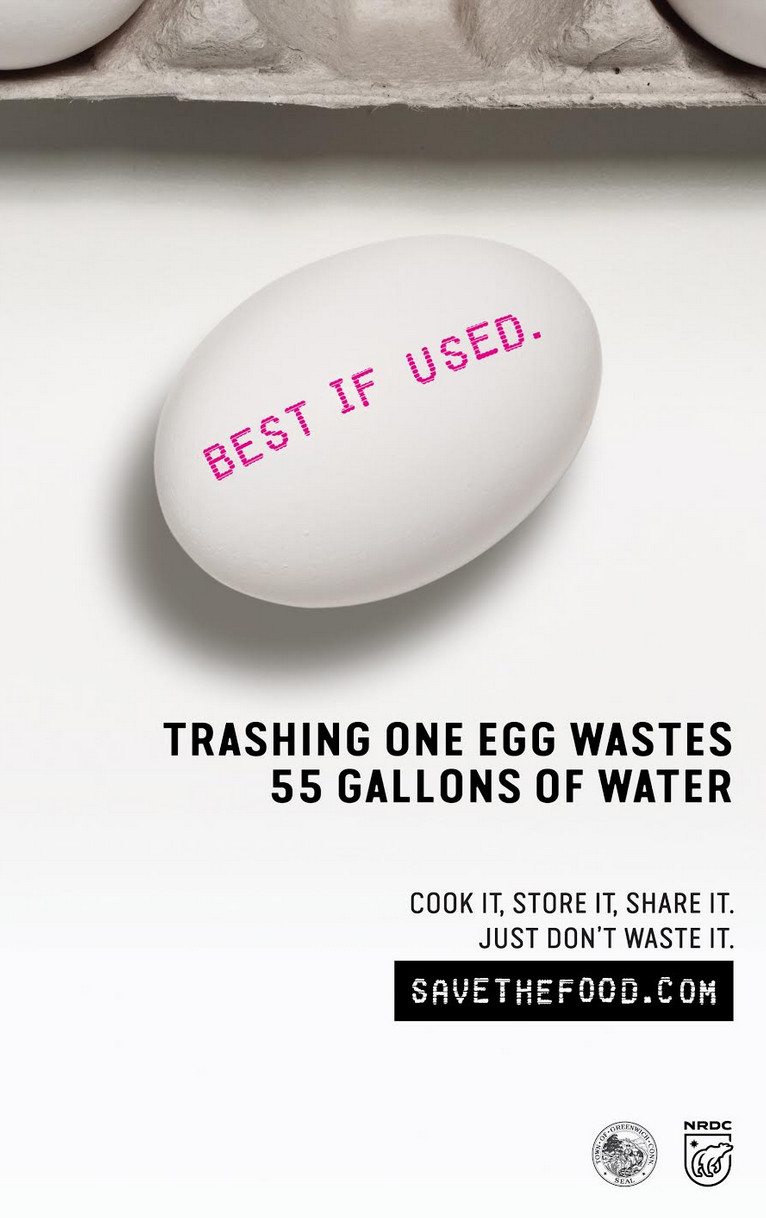By Myra Klockenbrink
Last week Waste Free Greenwich hosted a free home screening of “Just Eat It,” a documentary about the food waste epidemic to kick off their Save the Food challenge. The film was followed by a panel discussion that featured Elisabeth Radow of Love Your Food NY and Chef Raquel Rivera of A Pinch of Salt and spoke to the ways we can avoid wasting food.
Julie DesChamps, founder of Waste Free Greenwich, highlighted the impacts of food waste and local solutions, and Ali Ghiorse moderated the discussion.

A quarter of all the food we purchase at the grocery store is wasted — that’s like trashing one-in-four of your paid-for bags of food every time you shop. To reduce food waste The Town of Greenwich and Waste Free Greenwich have piloted a voluntary drop-off program for residents to take collected food scraps to the Holly Hill Transfer Station to be turned into compost.
Now with the Save the Food campaign they are going one step further by challenging our community to reduce food waste at home by 25 percent through prevention, donation and composting.
In the United States 40 percent of our food is wasted, the equivalent of one pound per person per day. Consumers, businesses and farmers spend $218 billion, or 1.3 percent of GDP, from the farm to our plates for food that is never eaten.
One quarter of all fresh water is squandered on this wasted food. In Greenwich, 22 percent of our trash is made up of food. It is the heaviest part of our municipal solid waste because it’s largely water and much of it is incinerated. “We pay to burn water,” as Radow explained in her talk.
If food waste were a country it would be the third largest emitter of greenhouse gases after China and the United States. Most of our biodiversity is lost to agriculture because farms consume valuable habitat. Yet one in seven Americans is food insecure.
DesChamps pointed out that most of the food is wasted in our homes, more than restaurants and groceries combined. “Our habits affect others and create an environmental, public health and fiscal burden,” she said.
In collaboration with the Greenwich Conservation Commission, Waste Free Greenwich is partnering with the public service campaign, Save the Food, to educate consumers about meal planning, cooking and storage. Chef Rivera encouraged residents to make good use of their freezers to preserve food, “Freeze bread sliced and take out only what is needed to maintain the freshness of the loaf.”
She encouraged cooks to create a culture in the kitchen to conserve food with practices like shopping from a list and only buying what’s needed. If the list is based on a menu it is easier to resist impulse shopping. Make last night’s dinner today’s lunch and avoid letting good food go bad.
Food Rescue US is an app-based platform that connects donors to volunteers who deliver surplus food to receiving agencies like food pantries and community kitchens.
This holiday season is a great time to join the challenge, reduce the amount of food we throw away and help to ensure no one goes hungry.